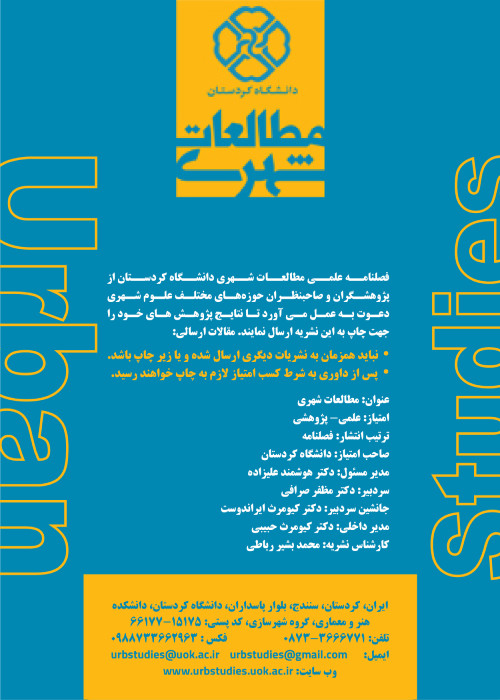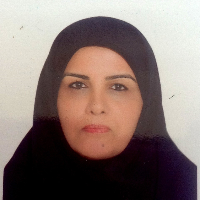Effective factors of children’s participation in the process of preparing and implementing local planning, Case study: Sarshoor neighborhood of Mashhad
Uncontrolled urban development in the present age has caused many problems that cannot be solved by traditional management and requires the participation of all citizens in the administration of urban affairs. Today, citizen participation and its application in urban planning, as one of the characteristics of the development of a country, is considered by designers and urban planners. Citizen participation is effective in the success of local development plans, so it has become one of the main issues of urban planning today. The role of children, who make one third of urban population (citizens), is neglected in many cases. In recent years, there has been much research on children’s participation, but it can be said that, in practical terms, this concept faces many obstacles. Many of the issues we are facing today, such as leaving the neighborhood, lack of security, etc., are due to neglecting all citizens, especially children, in the city and, at a smaller scale, in the neighborhood. Accordingly, it is essential that children participate in local development planning. Undoubtedly, children’s participation needs a thorough perception of the concepts related to child. It requires a full understanding of the concepts of the child and the benefits and challenges of children’s participation. Finally, it is necessary to answer the question of what the methods of children’s participation in the process of preparing and implementing local development planning are. The theoretical foundation and global experiences related to children’s participation is presented to answer this question. Then, the case study of Sarshoor neighborhood is introduced and the results are presented. Finally, the conclusions are made based on the analysis of theoretical concepts, answering the main questions by Delphi method, and experts’ opinions. The results indicate that contextualization is the most influential factor in the planning process, as compared to other factors including culture-building, institutionalization and durability of participation. The two factors of institutionalization and participation control are the most influential factors in the implementation of plans. When these factors are realized, children tend to become more involved in the development process of the neighborhood because (1) their abilities focus on themselves in this process, (2) they are provided with an opportunity in this process, (3) participation methods become available to them, and (4) they become aware of their rights. At the end, the cycle of the process of neighborhood development projects is proposed based on the components of children’s participation in the Sarshoor neighborhood. The findings of this study will not only help planners and designers to better understand the way children are involved in planning and designing processes, but also provide an appropriate framework for using effective factors on the participation of children in local development projects. It is suggested that the factors proposed in this paper be applied according to the specific conditions and characteristics of each neighborhood.
- حق عضویت دریافتی صرف حمایت از نشریات عضو و نگهداری، تکمیل و توسعه مگیران میشود.
- پرداخت حق اشتراک و دانلود مقالات اجازه بازنشر آن در سایر رسانههای چاپی و دیجیتال را به کاربر نمیدهد.



